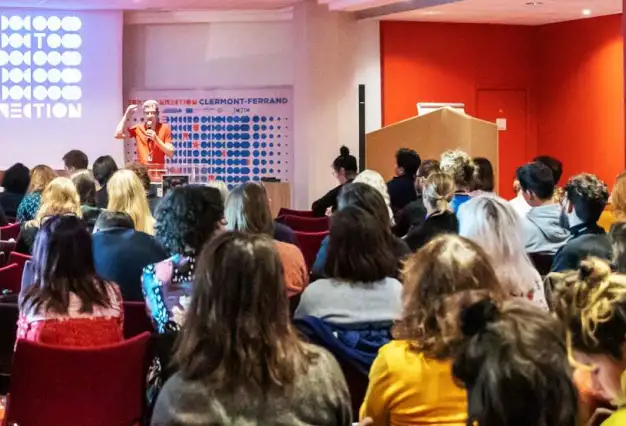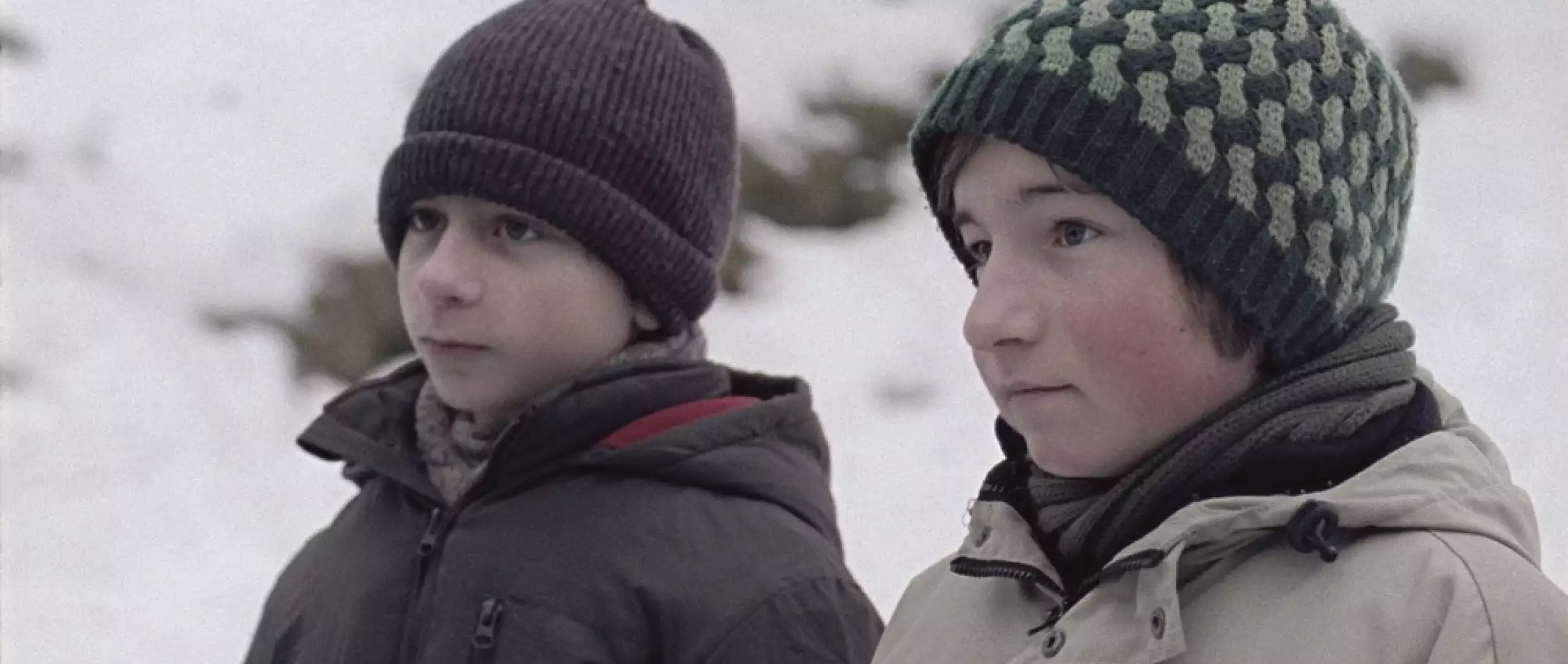
01 February 2017
The Berlinale Boost
The Berlinale Boost

As one of the top five festivals in Europe, the Berlin International Film Festival can change a filmmaker’s life. Several Czech directors and producers have experienced this firsthand, when their films were screened in the prestigious Panorama and Forum sections. “Huge” is the word they use to describe the impact it had.
Article by Hedvika Petrželková for Czech Film Magazine / Spring 2017
“Next to Toronto and Sundance, it’s the biggest and most important festival we’ve been to,” says director Jan Hřebejk of Berlinale. In 2009, his feature Kawasaki’s Rose opened the Panorama section, earning two awards. Currently he’s finalizing a trilogy titled Gardenstore. “This trio of coproductions with Poland and Slovakia, produced by Viktor Tauš, will be released to cinemas gradually over the course of 2017,” he says. All three films take place in the period preceding the setting for Hřebejk’s cult comedy Cosy Dens (1999). The first installment, Family Friend, takes place in the early ’40s, under the Nazi German occupation, with three women and two children waiting for their fathers and husbands to come home.
Vojtěch Frič, the producer of I, Olga Hepnarova, which was well received at last year’s Berlinale, sees the festival as the starting point for international sales. “At the big film market, which is part of the festival, our film was quite visible. After the premiere at Berlinale, we sold it to distributors in four countries, and we’re currently anticipating sales to three more territories. Also thanks to Berlinale, another 50 festivals showed interest in our film. The key is to have an international sales agent.” The producer says he’s currently putting together another existential drama with Tomáš Weinreb and Petr Kazda, the directors of I, Olga Hepnarova, and he also has a sci-fi project in development. “At the moment we’re doing tests, storyboards, and working on financing,“ Frič says.
Director Petr Vaclav introduced his feature We Are Never Alone at last year’s Berlinale. He sees the festival as a place to boost his chances for further projects. “Plus you get to see how the whole community of producers, critics, sales agents and filmmakers react to your film,” he says. Jan Macola, the producer, adds, “The German audience’s reaction to our film was better than we ever dared to expect. The fact that we won the Tagesspiegel Award proved this.” Together, Vaclav and Macola are now finalizing their road movie Skokan and preparing to start on Il Boemo, a period drama about Josef Mysliveček, a Czech who was the most gifted and prolific composer in Italian opera of the late 18th century. For production on this film, they recently received a major grant from the State Cinematography Fund. “This support means we can actually start the film,” says Vaclav. “It was absolutely necessary, since with the usual level of funding, we wouldn’t even be able to start bring- ing such a demanding project to life.” In this respect, the director stressed the importance of his participation in the Berlinale.
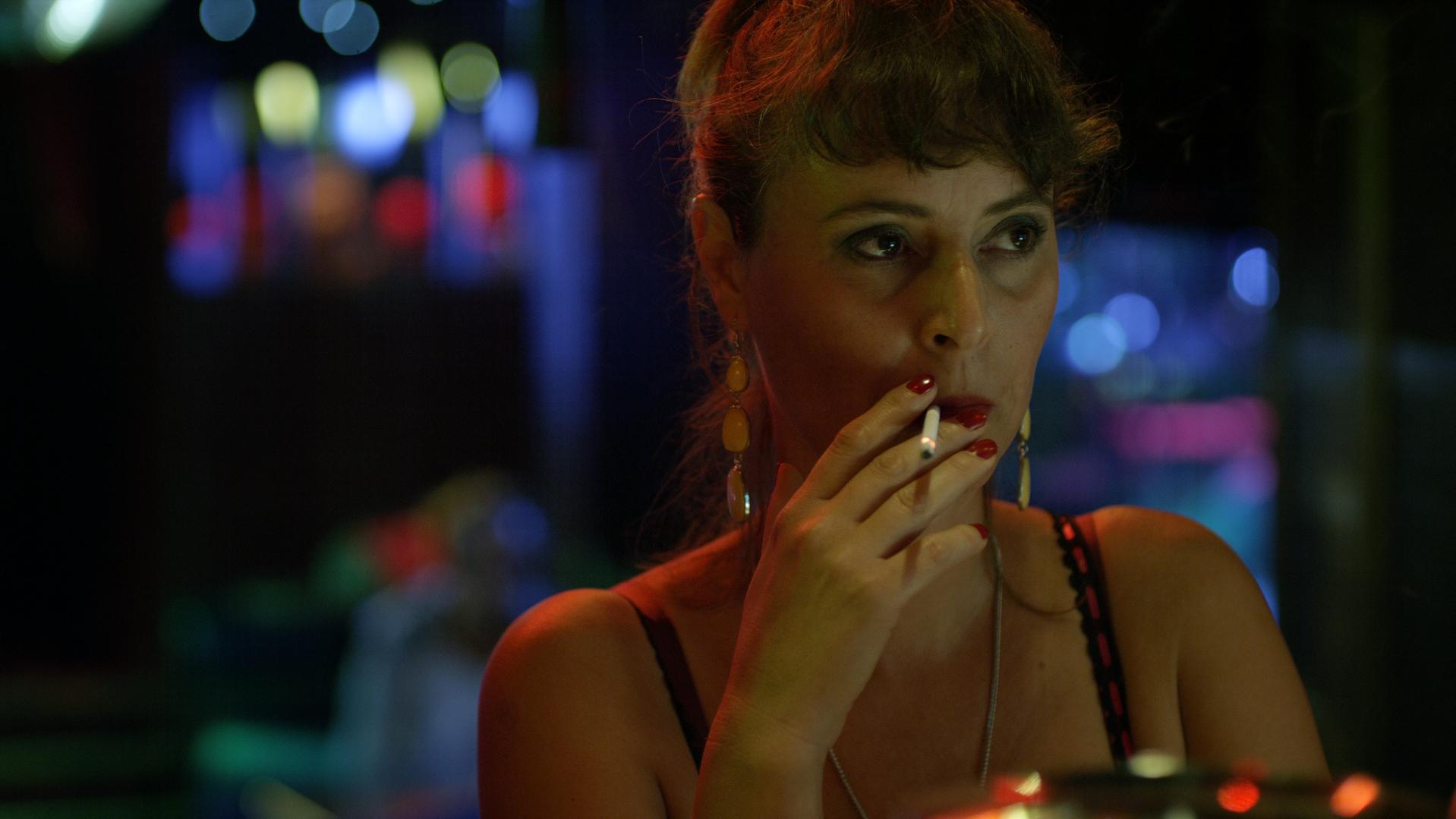
Director Veronika Lišková and producer Zdeněk Holý, the team behind the documentary Daniel’s World, which portrays a young pedophile, both attended the Berlinale in 2015. Their film screened in the Panorama section, and Lišková says this was key for a film as controversial as theirs. “After rejections from several other festivals, either with no explanation or with open acknowledgement that the subject was too daring for them, we got full support from the section coordinator Wieland Speck and his team,” she says. “By not being afraid to screen the film and by supporting it, they encouraged other festivals to pick it up.” Currently Lišková is at work on her first feature film, inspired by the diary of a woman whose life is turned upside down after the sudden loss of her husband. The director is writing the screenplay together with her husband. “It’s about the clash between a person’s individual perception of a situation and reality, which ruthlessly goes on about its business,” she says.
Producer Zdeněk Holý says the benefits of attending Berlinale are immense. “You get interest from distributors and TV buyers, and if you don’t already have a sales agent yet, you can definitely find one. Plus it kicks off the festival life as another distribution channel, even for a film with a topic as controversial as ours.” He also praises the professional approach of festival staff. “Like any other festival, they use seasonal employees, but they don’t come across as students who are just learning the profession. The volume of services they provide is enormous,” adds Holý. His current project, Pepik the Czech Goes to Poland in Search of the Love of God, is directed by Vít Klusák and Filip Remunda. “It’s a three-way international coproduction that examines the question of whether Poles are too religious and Czechs not enough, and how challenging it can be for us to live so close to each other, with our similar modern histories and ethnic composition.”
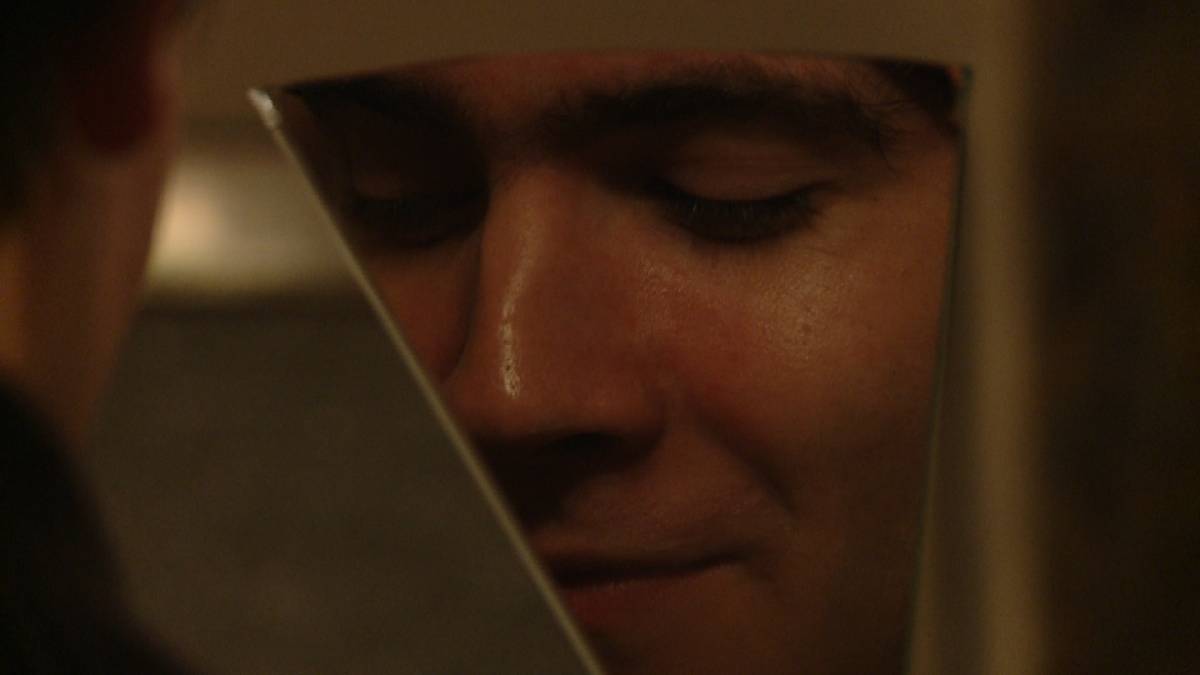
Successful Czech producer Petr Oukropec presented In Your Dreams! — targeting a young audience — at last year’s Berlinale. “Just the fact that it was selected for the Generation 14+ section was a great start in itself,” says Oukropec. “It was well received by both the public and the professional audience. Our screenings were attended by festival programmers from all over the world, and as a result the film got picked up by festivals in 25 countries last year. Thanks to Berlinale, we got into all the important festivals for children and youth topics,” he says. Oukropec says the Berlin festival is ideal for business appointments as well as making initial contacts. And Czech producers are well aware of it. “It takes time to build good relationships. Often the results don’t come until much later. What matters is the quality and innovativeness of the projects, and when it comes to that, there’s a lot to improve.” Oukropec is currently finalizing a new coproduction directed by Bohdan Sláma, titled Ice Mother, and together with a French coproducer, he’s got a feature-length animation by Michaela Pavlátová, with the working title My Sunny Maad, now in development.
In 2012, Olmo Omerzu’s debut, A Night Too Young, which he directed as his graduation film at FAMU, screened in the Forum section at Berlinale. “It was my first time at such a big festival. I was just caught up in the euphoria,” he recalls. “The day after the premiere, we got great reviews in the international press. I was already working on the screenplay for Family Film at the time, and Berlinale made it easier to find coproduction partners.” Besides the screening at Forum, A Night Too Young also appeared in the Berlinale Goes Kiez program, which raised its profile even more. Omerzu is now shooting a new, yet untitled film, a winter road movie based on a screenplay by Petr Pýcha, about two boys and their winter trip across the countryside. “In summer 2017,” he says, “I’m planning to shoot a 30-minute film called Room by the Lake, which I wrote together with Petr.” The project will be presented in February, as part of the Euro Connection short film co-production platform, in Clermont-Ferrand.
Documentary filmmaker Erika Hníková also has nothing but positive words about her experience at the Berlin International Film Festival. Her feature Matchmaking Mayor was selected for the Forum section there in 2011. “Thanks to Berlinale, Matchmaking Mayor was selected for other festivals and purchased for distribution in a number of countries. I realized how lucky I was. I was nervous and proud at the same time, sitting there during those sold-out screenings in the big festival theaters,” she says. Currently Hníková is preparing a documentary titled Every Single Minute. “Nineteen years ago, in Velké Meziříčí, the father of a newborn child decided his son would someday be a top athlete. He dedicated all his time, trying all kinds of sports with his son, who excelled in all of them. In September 2016, Pavel Zacha joined the NHL as a forward for the New Jersey Devils. We’ve been talking to the family for six months now, studying the chronicles that Pavel’s father wrote for his son. I would be thrilled if we manage to make the film and screen it at Berlinale,” Hníková says.
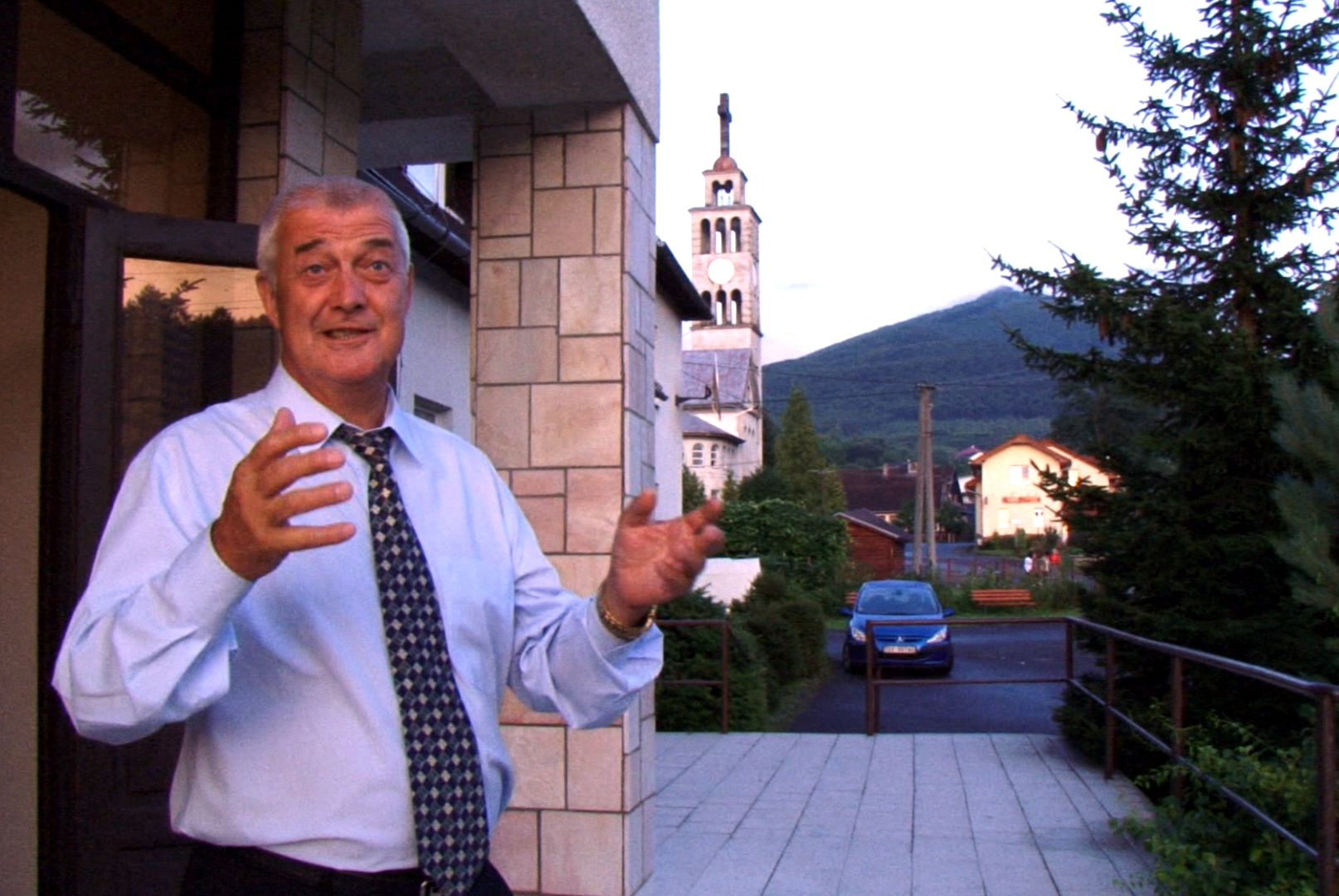
Slovak director Zuzana Liová’s feature debut, a majority Czech coproduction titled The House, screened in the Forum section in 2011. She says being at the festival was not only a great way to start before the domestic release, but also helped to attract attention from an international audience, which opened doors to other festivals. “The fact that my film was selected for such a major festival surprised me, and I felt really honored. It gave me a chance to meet colleagues and journalists, and build new contacts,” Liová says. She also stresses the importance of having contact with the audience. “The Berlinale audience was the first to see my film, which gave me even more reason to pay close attention to their reaction.” Currently Liová is continuing work on the script of a new feature titled Čakanie (Waiting), presented as part of the Pitch & Feedback event co-organized by the Czech Film Center at Karlovy Vary IFF every year. She has also just finished Prvá (The First), a documentary series portraying female innovators.



